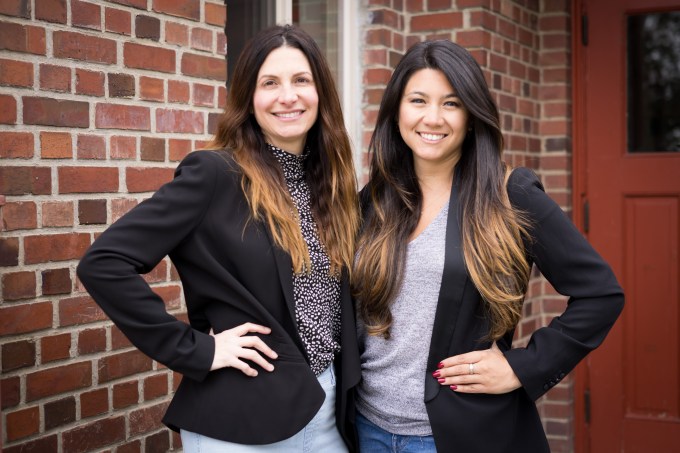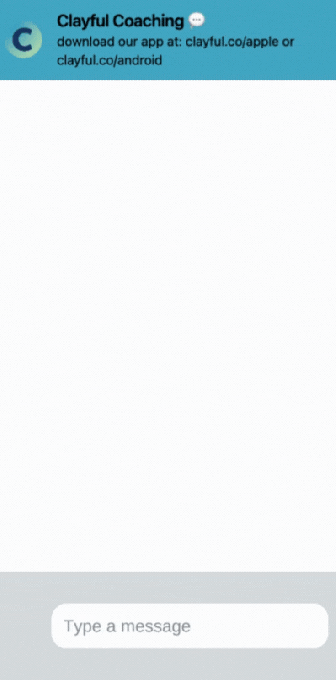Clayful is a platform that enables students aged eight to 18 to connect with a mental health expert within 60 seconds when they need it. The startup said it had raised $7 million in funding from investors, including Google Latino Founders Fund, Reach Capital, Ovo Fund, Common Sense Ventures, Charter School Growth Fund and Wisdom Ventures.
Clayful wants to “ensure every student gets a trusted, certified [human] coach in their pockets and/or school device,” Maria Barrera, chief executive officer of Clayful said. “Our design is based on meeting kids where they are at in and outside of school, online and on their schedule.”
Barrera saw that the country’s mental health system was broken when reading a New York Times article about rising suicide among eight-year-olds. After talking to teachers, kids, parents and counselors before launching the service, Barrera realized that schools are access points for kids’ mental health services, and counselors had neither the time nor the capacity to reach the growing number of kids needing support.
“There were too many kids and too few providers [mental health professionals]. Those who desperately needed help were getting left behind,” the CEO said.
The American School Counselor Association (ASCA) suggests at least one school counselor for every 250 students, but there’s only one school counselor for every 444 students, according to recent research.
Barrera and Melissa Pelochino, chief experience officer of Clayful, both previously worked at Nearpod, an edtech startup, and co-founded Clayful two years ago to meet students’ needs and address the counselor shortage. Moreover, the duo brings over 20 years of combined experience in the edtech and education industries. Pelochino, a former teacher, had a stint as a consultant at Google and the Bill and Melinda Gates Foundation and as a director of professional development at K-12 Lab at the Stanford d. school.
The startup tested its first pilots with its on-demand, chat-based mental health coaching platform in spring 2022 and now works with more than 50 schools to reach thousands of students nationwide, Barrera told TechCrunch.

Image Credits: Clayful co-founders Melissa Pelochino (chief experience officer) and Maria Barrera (chief executive officer )
“Our customers are school district decision-makers — like superintendents and directors of student services — who can bring this platform to their student body,” Barrera said. “Partnering with schools provides access and equity to all students, regardless of family means or geographic location.”
Unlike its competitors in the industry, like Daybreak and Cartwheel, Clayful’s unique feature is that it connects users with mental health experts in 60 seconds using instant messaging technology, which allows for real-time connection and dialogue between a student and a coach, the CEO said.
Users get on-demand, chat-based support but do not meet in-person coaches, as the startup puts stress on supporting the students in real time when they need to work through everyday challenges, manage emotions and solve problems. “That means students can get support where and when they need it, even in the middle of a heated argument, without needing to wait for an appointment,” Barrera said.
Its platform offers 133 languages to ensure inclusivity and accessibility for diverse communities and is completely free for students, paid for by school districts.
Clayful says that students who participated in more coaching chat programs with Clayful during the 2022-2023 school year had significantly better attendance rates. The startup claims that students with zero chats had an average attendance rate of 91%, while students with chats had an average attendance rate of 95%.
Clayful is a fully remote company with more than 100 staff members, including mental care coaches and part-time staff. The company will use the money to scale its team and reach more schools and students.

Image Credits: Clayful
